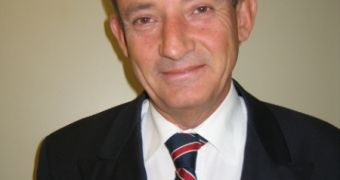Obama's promises to the UN didn't go unnoticed, as Yvo de Boer, the executive director of the United Nations Framework Convention on Climate Change, said that the US president's attitude on the matter was very encouraging and promising, in the light of the fact that neither America nor China are included in the Kyoto Protocol, although they are the world's largest two polluters. "I feel that that's a very important signal of encouragement for all of the countries in these negotiations," Boer told AP.
As part of his presidential program, president-elect Barack Obama promised to cut back on carbon and other greenhouse gas (GHG) emissions to 1990 levels by 2020, and then to reduce them by as much as 80 percent by 2050. The EU and other countries said that the American measures were too light, but de Boer said that shorter deadlines needed to be set in place before longer ones became viable options.
"The lesson of Kyoto is that we clearly need to find a way forward that the United States is willing to commit to," the UN official said, expressing satisfaction in regard to Obama's "willingness to lead, because that really is what the international community is waiting for." The Kyoto Protocol is due to expire in 2012, which virtually gives international policy makers until the end of 2009 to come up with another agreement on combating climate change and global warming.
The Intergovernmental Panel on Climate Change, a division of the United Nations, previously warned that global temperature rises of up to 6 degrees Celsius were to be expected by 2100. However, countries worldwide are now struggling to keep temperatures from increasing by 2 degrees Celsius, as this would mean that the habitat will become unsustainable for numerous species of plants and animals.
Drastic measures have to be employed, warn both scientists and the IPCC, in order to ensure that temperatures do not escalate over the next century. In order for this objective to be accomplished, whatever protocol is signed in Kyoto next year will have to benefit from the commitment of all major polluters, including the US, and developing China and India.

 14 DAY TRIAL //
14 DAY TRIAL //